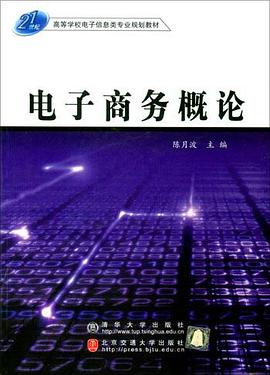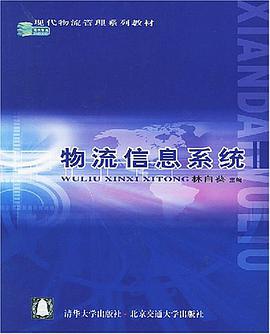

具体描述
This investigation builds upon recent developments in the study of Paul's use of Scripture that center around the concept of "intertextuality." Abasciano uses an exegetical method that incorporates into a thorough traditional exegesis a comprehensive analysis of Paul's use of Scripture against the background of interpretive traditions surrounding the texts alluded to, with great emphasis placed on analyzing the original contexts of Paul's citations and allusions. Such an intertextual exegesis is conducted in Romans 9:1-9 with an awareness of the broader unit of chapters 9-11 especially, and also the epistle as a whole. The study finds that many of the themes Paul deals with in Romans 9-11 are also present in ancient Jewish and Christian interpretive traditions surrounding the passages he invokes, and more importantly, that Paul's scriptural quotations and allusions function as pointers to their broad original contexts, from which he developed much of the form, content, and direction of his argument, holding significance for a number of exegetical details as well as broader themes and rhetorical movements. The final chapter seeks to draw conclusions concerning the significance of Paul's use of the Old Testament in Romans 9:1-9 for the exegesis and theology of Romans and for Pauline intertextuality. The identity of the true people of God is central to Romans 9-11 and the epistle. And Paul's use of Scripture is contextual and referential, calling for attention to Pauline intertextuality in standard exegetical procedure. JSNTS 301
作者简介
目录信息
读后感
评分
评分
评分
评分
用户评价
相关图书
本站所有内容均为互联网搜索引擎提供的公开搜索信息,本站不存储任何数据与内容,任何内容与数据均与本站无关,如有需要请联系相关搜索引擎包括但不限于百度,google,bing,sogou 等
© 2026 book.wenda123.org All Rights Reserved. 图书目录大全 版权所有




















